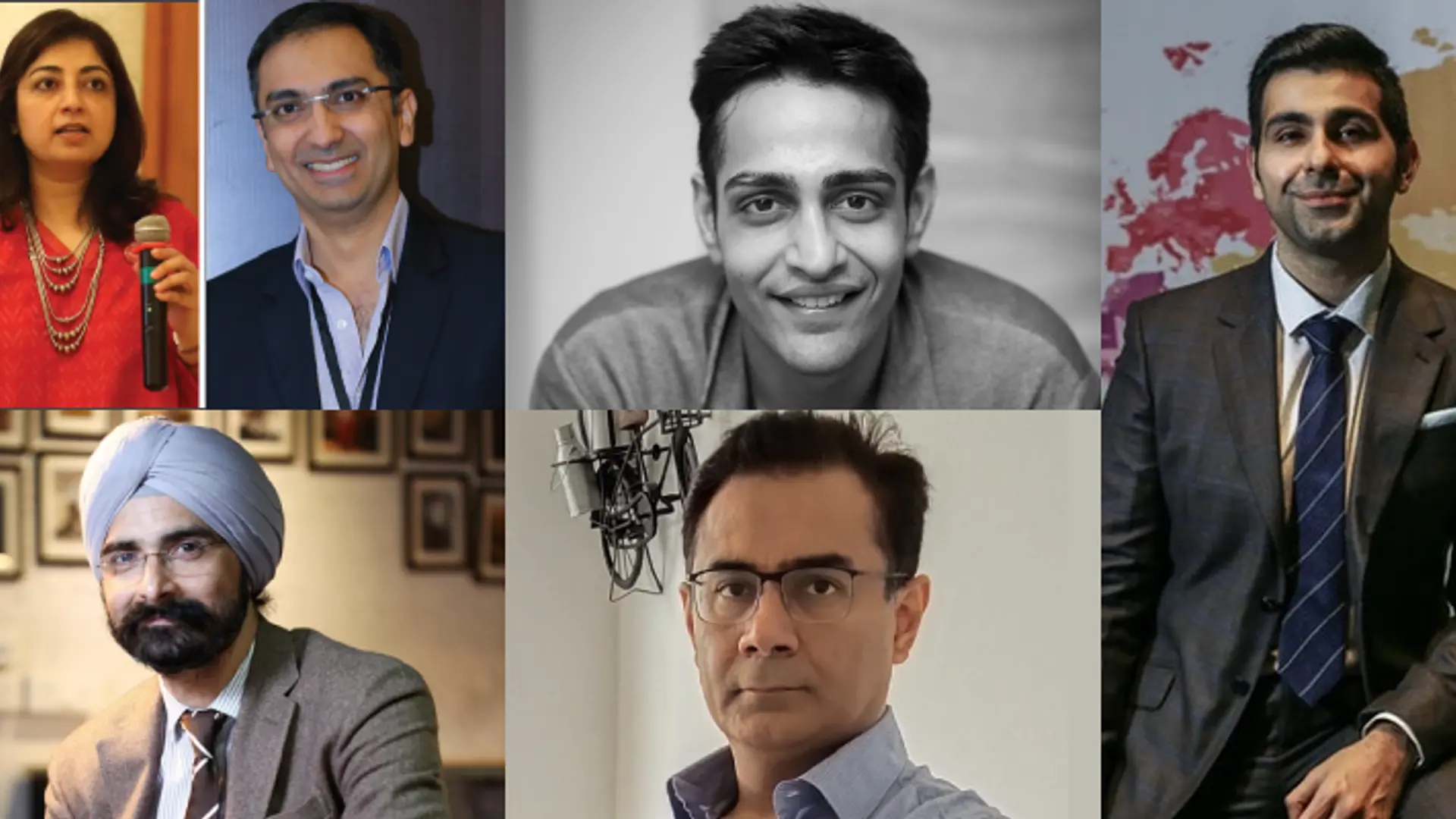SAVE Society launches Project SAFAL in partnership with SIDBI; aims to develop micro enterprises in villages
The project will include the adoption of over 120 villages in Bihar and Jharkhand for development and upskilling of micro-enterprises in various streams.
SAVE Society, a pioneer at offering financial products via kiosk banking across India, has received a financial grant for implementing the SAFAL Program (Swavalamban Assistance for Financial Literacy and Credit & Market Linkage) in partnership with Small Industries Development Bank of India (SIDBI), an independent financial institution to develop micro enterprises in villages, according to a press release.
Through the project, SAVE has adopted at least 120 villages, with 90 villages in Bihar and 30 villages in Jharkhand for the development and upskilling of micro-enterprises in various streams.
Project SAFAL takes into account the fact that rural entrepreneurship has an important role to play in the development of the Indian economy. Given that nearly 70 percent of India resides in rural areas, adequate funding and support can provide a thriving entrepreneurial atmosphere in these communities.
The micro-entrepreneurs in rural and semi-urban areas are generally not aware of the importance of digital banking, CIBIL records, insurance, etc. It is crucial for them to learn how to keep proper records, cash books, inventory control, etc. Therefore, project SAFAL was conceived to address the said pain points in rural areas. Additionally, SAVE will provide entrepreneurs a hand-holding period of 3 to 6 months, so that they feel supported in growing their businesses, it said in the release.
SIDBI's role is to provide financial support for a pilot intervention, assistance for financial literacy and the credit and market linkage for SAFAL PROJECT is done by SAVE Society, for the adoption of the villages. It will also provide literacy training to 2400 livelihood entrepreneurs and micro-entrepreneurs (LE/ME), including migrants, and ensure their credit and market linkages.
Speaking on the development Ajeet Kumar Singh, President, Society for Advancement of Village Economy, said,
“Millions of rural entrepreneurs in India don’t have access to any financial training or backing, and Project SAFAL seeks to address this issue. In fact, SAFAL will not only help in analysing need gaps but in aiding entrepreneurs with improved learning environments and tools for personalised education across 120 villages. Through this project, our vision is to create financial literacy via training programs and handholding that will enable entrepreneurs to spread their wings and grow their businesses successfully.”
The impact of the SAFAL project will be analysed for three to six consecutive months, post-training. The entrepreneurs' business growth will be recorded, based on the scale-up, and monthly turnover. The candidates’ banking transactions will also help analyse the impact of the project. It will even monitor candidates’ loan track records (If credit linkage was provided). Lastly, the candidates’ psychological behaviour change will be used to further analyse the impact of the project.
The project will consist of 120 batches with 20 participants each. The ratio of new entrepreneurs to the existing ones will be around 60:40, and at least 10 percent of the total participants will be migrants adversely affected by the COVID-19 pandemic. Also, 35 percent of the total beneficiaries will be women entrepreneurs.
SAVE and SIDBI have worked together in the uplifting of Customer Service Point (CSP). In 2016, SIDBI had sanctioned Rs 2 crore financial assistance to Poorest State Inclusive Growth (PSIG) and Business Correspondent Network Managers (BCNM). The training spanned 18 months, and the project was deployed in four states - Uttar Pradesh, Madhya Pradesh, Odisha, and Bihar, and a total of 346 successful training sessions were conducted in the PSIG states.
Recently, SIDBI also provided the first approval to the Government of Tamil Nadu under the SIDBI Cluster Development Fund (SCDF). This initiative is aimed at upgrading various existing micro, small and medium enterprise (MSME) clusters, and for developing new industrial infrastructural facilities in Tamil Nadu.
YourStory’s flagship startup-tech and leadership conference will return virtually for its 13th edition on October 25-30, 2021. Sign up for updates on TechSparks or to express your interest in partnerships and speaker opportunities here.
For more on TechSparks 2021, click here.
Applications are now open for Tech30 2021, a list of 30 most promising tech startups from India. Apply or nominate an early-stage startup to become a Tech30 2021 startup here.
Edited by Anju Narayanan









